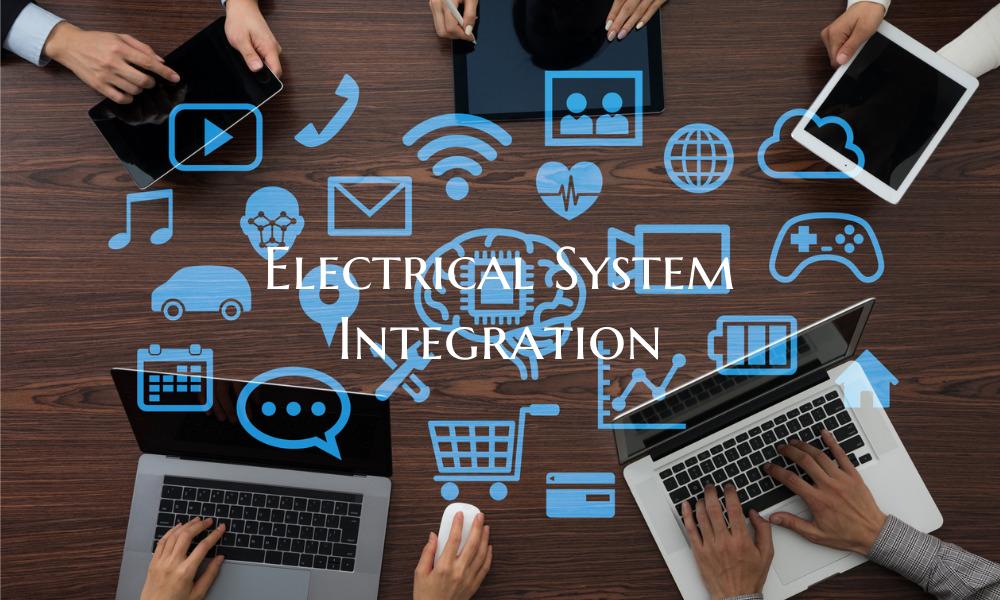Electrical System Integration
In various industries, the integration of electrical systems plays a crucial role in ensuring optimal efficiency, performance, and safety. Electrical system integration involves the seamless operation and coordination of different components within a system to achieve a unified functionality. This process requires meticulous planning, design, and implementation to facilitate the smooth interaction of various electrical devices and elements.
One key aspect of electrical system integration is the consolidation of different subsystems into a cohesive unit. By harmonizing components such as generators, transformers, switchgear, distribution panels, and control systems, organizations can create a synchronized electrical infrastructure that operates with precision and reliability. This integration not only simplifies the management of complex systems but also enhances overall efficiency and operational flexibility.
Moreover, electrical system integration enables the implementation of advanced technologies such as automation, digital monitoring, and predictive maintenance. By connecting devices and equipment through intelligent control systems, organizations can optimize energy usage, improve system performance, and proactively identify and address issues before they escalate. This proactive approach can lead to cost savings, increased uptime, and enhanced operational resilience.
Furthermore, electrical system integration plays a vital role in promoting sustainability and reducing environmental impact. By optimizing energy consumption, minimizing wastage, and leveraging renewable energy sources, organizations can enhance their carbon footprint and contribute to a greener future. Integrated electrical systems can facilitate the seamless incorporation of energy-efficient practices and facilitate compliance with environmental regulations.
In conclusion, electrical system integration is essential for organizations looking to enhance efficiency, performance, and sustainability in their operations. By streamlining processes, embracing advanced technologies, and prioritizing system-wide coordination, companies can realize significant benefits in terms of cost savings, operational effectiveness, and environmental responsibility. Embracing the principles of electrical system integration can position organizations for long-term success in an increasingly competitive and dynamic business landscape.

